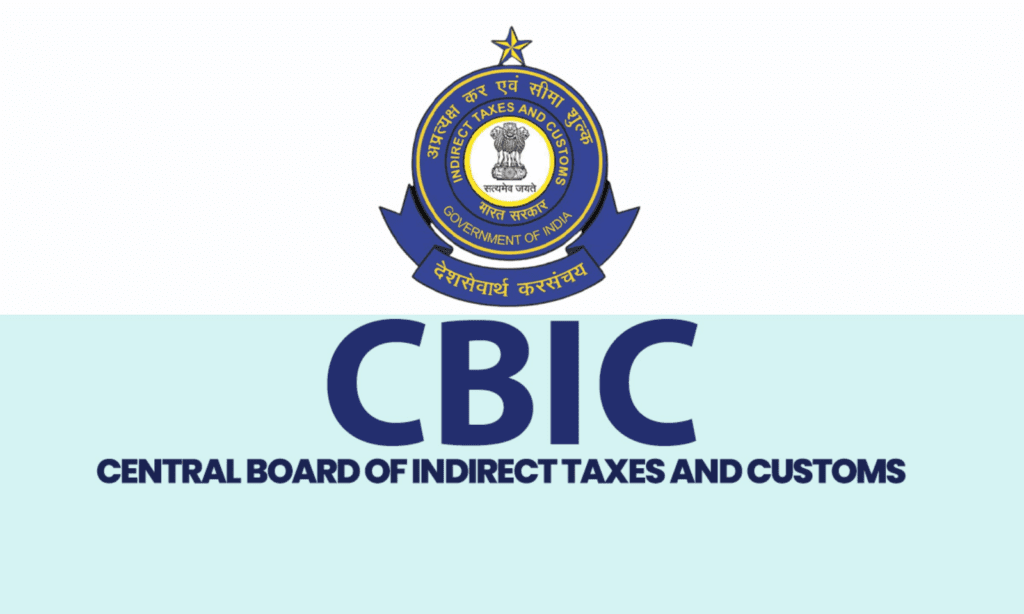CBIC Introduces Simplified GST Return Filing Process to Ease Compliance Burden

The Central Board of Indirect Taxes and Customs (CBIC) is set to implement a monetary limit for issuing Goods and Services Tax (GST) demand notices. This initiative aims to minimize unnecessary disputes and prevent the issuance of notices based on weak grounds. Shashank Priya, a member of the CBIC, announced this development during an Assocham event, emphasizing the need for fair adjudication and a cultural shift within the organization to ensure that only valid demands are raised.
New Measures to Curb Flimsy Notices
The CBIC is actively working on new guidelines to establish a monetary threshold for GST demand notices. Shashank Priya highlighted that the board will soon provide instructions to field formations, which will include mentoring from senior officers. This approach aims to ensure that notices are not issued lightly. Priya stated, “The messaging that we need to give is, we are not interested in demand just getting confirmed.” He stressed the importance of fair adjudication, indicating that if a demand is deemed unjust, it should be dropped without hesitation. This cultural change is essential for improving the relationship between the tax authorities and businesses, fostering an environment where compliance is based on fairness rather than mere numbers.
Efforts to Simplify GST Return Process
In addition to the new monetary limit, the CBIC is also focused on simplifying the GST return process. Priya mentioned that the department is working on automating the filing of both outward supply and inward purchase. To gather insights on necessary amendments to the existing GSTR-3B framework, the CBIC has reached out to various associations and field formations for feedback. For businesses with an annual turnover exceeding Rs 5 crore, e-invoicing will be the primary point of input in their returns, with automation handling the rest. Currently, e-invoicing is mandatory for business-to-business transactions for companies with a turnover above this threshold. The CBIC is also exploring ways to make e-invoicing more accessible for smaller businesses, aiming to ease the compliance burden on all taxpayers.
Expert Opinions on the Proposed Monetary Threshold
Tax experts have welcomed the CBIC’s proposal to introduce a monetary threshold for GST demand notices. Rajat Mohan, Senior Partner at AMRG & Associates, noted that small-value disputes often lead to unnecessary compliance burdens and litigation for businesses. He believes that by establishing clear monetary limits, the system can concentrate on significant cases, thereby reducing administrative efforts on trivial matters. Currently, the thresholds for departmental appeals are set at Rs 20 lakh for the Appellate Authority, Rs 1 crore for the GST Appellate Tribunal, and Rs 2 crore for High Courts and the Supreme Court. Mohan emphasized that implementing such limits at the notice stage would streamline compliance, conserve resources for both taxpayers and the administration, and enhance trust between businesses and tax authorities by ensuring that enforcement actions are proportionate to the financial significance of the disputes.
Observer Voice is the one stop site for National, International news, Sports, Editor’s Choice, Art/culture contents, Quotes and much more. We also cover historical contents. Historical contents includes World History, Indian History, and what happened today. The website also covers Entertainment across the India and World.

